The 7th ADA Political Forum held at Karabakh University featured a panel discussion titled "Geopolitical changes and their impact on regional sovereignty."
According to Report, the event was moderated by Farid Shafiyev, Chairman of the Management Board of the Center for the Analysis of International Relations (AIR Center).
In his speech, Shafiyev highlighted the problems he faced during the occupation of Karabakh while serving as an ambassador:
"During my term as ambassador, we tried to defend through diplomatic means that the territories belonged to us. We made great efforts to resolve the issue diplomatically. At that time, it seemed they were waiting for Azerbaijan to give up on Karabakh. However, we liberated our territories from occupation, and against this background, we sometimes hear messages suggesting that the issue should not have been resolved this way."
Shafiyev also addressed calls from some interested parties regarding the release of individuals accused of war crimes: "This process is carried out within the framework of the law, and criminals must receive their lawful punishment."
Cagri Erhan, Chief Advisor to the President of Türkiye, stated in his speech that today's event participants are witnessing the results of a great victory: "Being here is truly wonderful. We see great progress in the liberated territories."
Jennifer Wistrand, Deputy Director of the Kennan Institute at the Wilson International Center for Scholars (the US), emphasized the importance of trade partnerships and institutional connections in strengthening states.
"Various trade partners, investment sources, and establishing institutional connections reduce foreign influence and strengthen economic stability at local and regional levels. However, these days, we hear the world described as multipolar. This refers to the influence of the US, China, Russia, and India. But the term multipolarity doesn't explain how cooperation occurs and why it's frequently disrupted. Regardless of the outcome, multilateralism is an important issue today because it describes the real, functional dynamics of diplomacy," she added.
According to Wistrand, there are some accelerating elements in idealism today, and one of the key factors is the strategic instability of the US: "This situation has made it difficult for both allies and competitors to make long-term plans."
Istvan Kiss, Executive Director of Hungary's Danube Institute, began his speech by emphasizing his appreciation for the Turkic world:
"Regardless of whether I am ethnically Turkic, I feel close to Turkic peoples. Hungary has always been a great friend of Turkic nations, and I believe it will continue to be so in the near future. Therefore, as a Hungarian, it is a special privilege to be part of the Turkic world."
Then, he discussed events taking place within the European Union (EU) and how they will affect Europe's future:
"As for what's happening in the EU and how trade wars affect the continent, I can say that the last 15 years have been accompanied by a sad picture. After the collapse of the USSR, many countries in Asia and Europe chose independence with great hopes and sacrificed all their national interests to strengthen NATO and the EU. But now we see that the European Union doesn't look after our national interests. As for countries like Germany or France, I'm not sure whether the European Union truly follows these countries' national interests."
Photo: Vugar Khanlarov
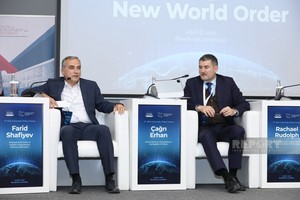
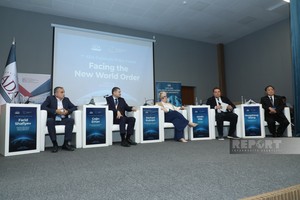
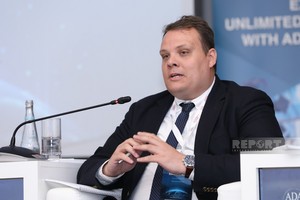
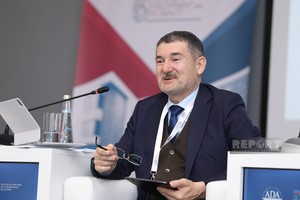
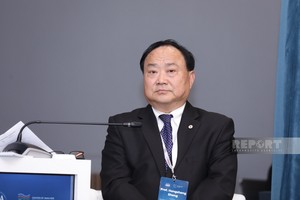
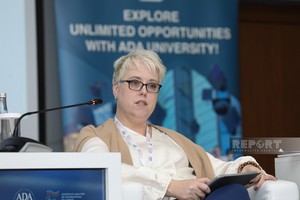
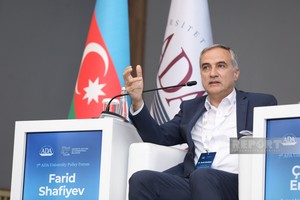


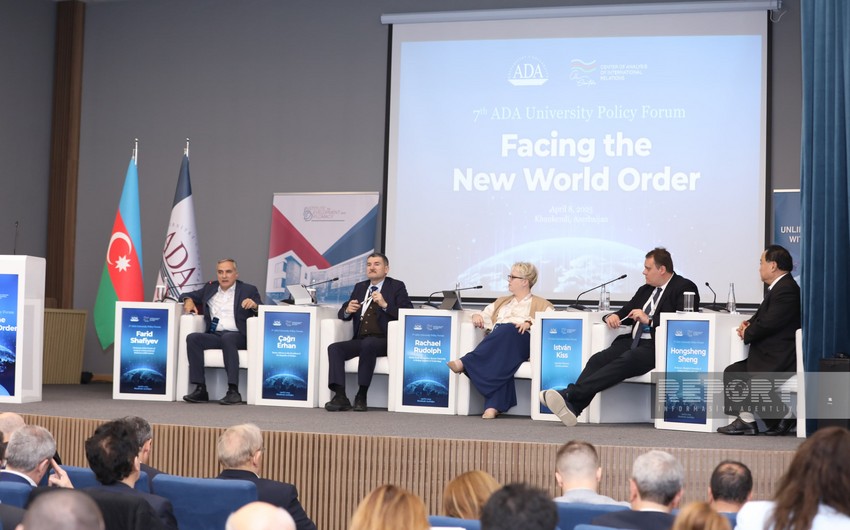 https://images.report.az/photo/c17f19ac-9ec3-3c82-a98a-f00d7d8c9830.jpeg
https://images.report.az/photo/c17f19ac-9ec3-3c82-a98a-f00d7d8c9830.jpeg

